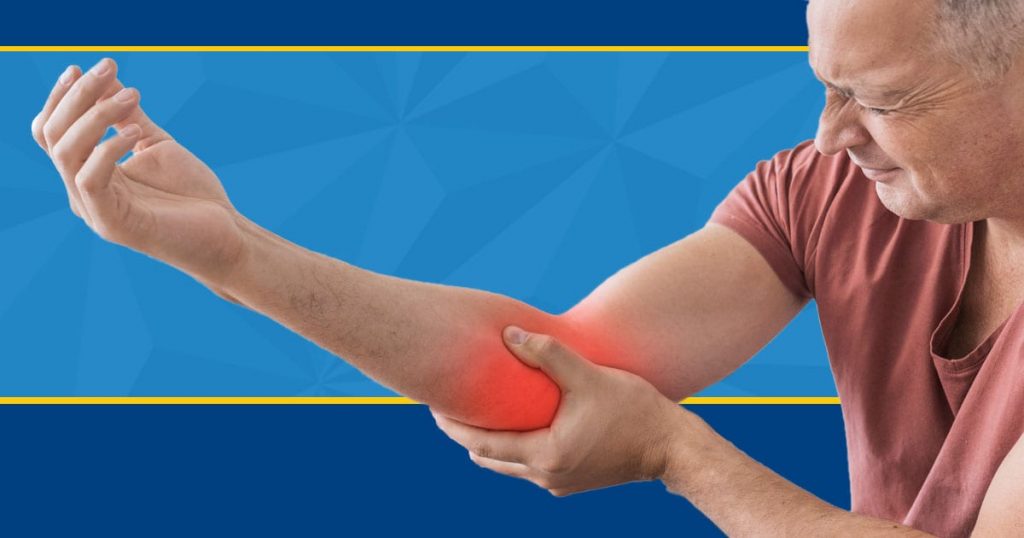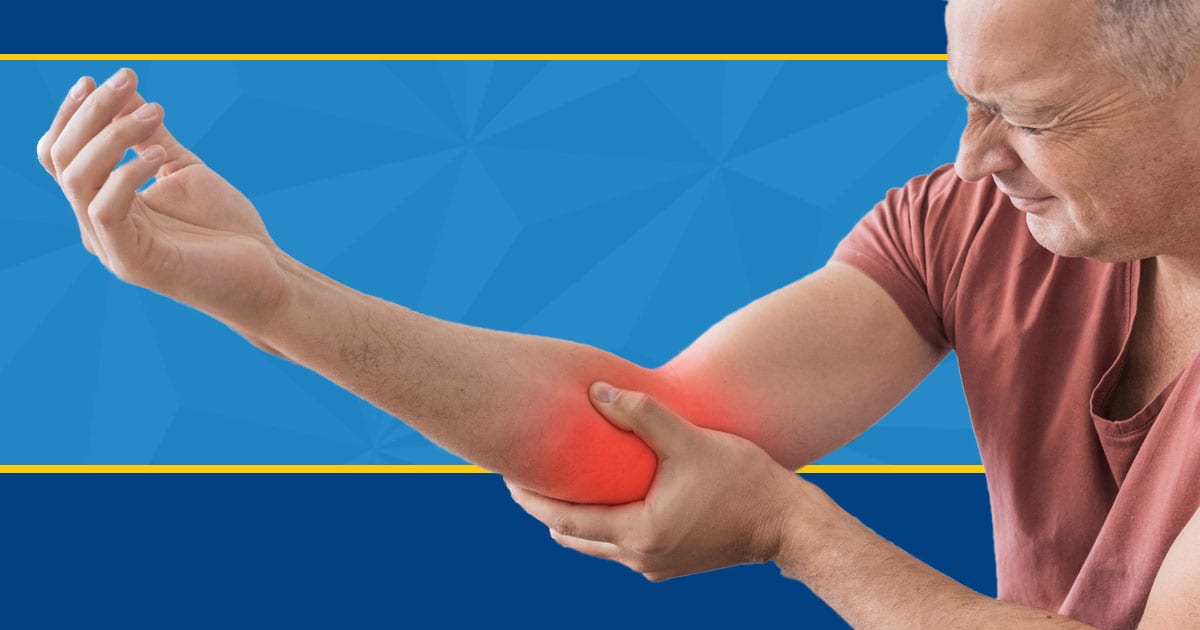By Dr.Shadman Pandit P.T
Cell Phone Elbow, also known as Cubital Tunnel Syndrome, is common today due to the extensive use of cellular phones. Similar to carpal tunnel, the symptoms are caused by nerve compression. The nerve that goes from upper to lower arms and around the elbow, the Ulnar nerve, becomes compressed when the elbow is bent for a long period of time when holding a cell phone.
Prolonged use of a cell phone may irritate this nerve and can cause aching, burning, tingling, and/or numbness especially in pinky and ring fingers. If left untreated, it can lead to permanent nerve damage and muscle degradation.
If you must be at your desk or otherwise seated for long stretches of time, be sure to do periodic movement or quick exercises during day, especially if you don’t work out.
Is it related to tennis elbow?
It’s completely unrelated to Tennis elbow.
Symptoms of cubital tunnel syndrome?
The symptoms are pain or numbness or tingling in the little finger and in half of the adjacent finger—the [pinky-facing] side of the ring finger. Those are the fingers that are supplied by the ulnar nerve.
How is it diagnosed?
Someone would complain of the symptoms, and there would be sensitivity if one pressed or tapped over the ulnar nerve at the elbow.

How is it treated or prevented?
By using a hands-free device or an earphone. This is the first treatment that we recommend to patients.
If the symptoms persist, despite keeping the elbow straight, where some really experience persistent numbness or tingling the nerve will suffer more permanent damage [if ignored]. So occasional numbness is benign, but persistent tingling and numbness will cause more permanent changes.
“You’ve got to be really careful because it’s not easy to get a nerve to heal”
Be mindful of all situations where your elbow is hyperflexed, or resting in one position for a long time. One obvious situation is when you’re on the phone or at your computer. We suggest exploring hands-free technology options, like headsets, for calls.
Sleeping with your arm bend all night can also hurt Ulnar nerve. If you’re having trouble breaking that habit, try something like an elbow brace.
Other daily activities that produce cubital tunnel syndrome include leaning on an elbow while driving or working, and sitting at a computer workstation that requires elbow flexion greater than 90 degrees. Making ergonomic adjustments to these activities is beneficial. For patients who have nocturnal symptoms, a simple elbow pad or a towel wrapped around the elbow to prevent bending while sleeping can be very efficacious.
Sleeping with your arms bend all night can also hurt the Ulnar nerve. If you’re having trouble breaking that habit, try something like an elbow brace.
If you must be at your desk or otherwise seated for long stretches of time, be sure to do periodic movement or quick exercises during the day, especially if you don’t work out. A few overhead presses or arm curls can help. Motion is key, but it’s also important to pay attention to your body so you can recognize the signs of cell phone elbow early and get treated timely.
If your elbow hurts and your arm feels weak, you should seek professional help. But if you just have some mild soreness or numbness, you can treat the problem at home.
First, assess the situation. Starting from your pinky finger, use your other hand to feel where any pain or stiffness might be coming from, and continue all the way up to your shoulder. Pay attention to your outer forearm, especially below the elbow, which is often one of the first places you’ll notice the muscular effects of cell phone elbow. Gently massage any areas that seem stiff or sensitive. If your elbow is sore, you can massage the tissue around the nerve, but be careful not to massage the nerve itself that can cause more damage.
Beyond that, keeping your blood flowing and exercising your limbs’ full range of motion can unstick any tissues in your arm that are over-compressed. Keep those habits up even after you’re feeling good.
Switching hands while on the phone and avoiding elbow flexion may prevent or resolve symptoms
(Dr. Shadman Pandit P.T is MPT(Neuro), MPT(Cardio), Consultant Physiotherapist and can be reached at 9149965711, [email protected] )

Leave a Reply